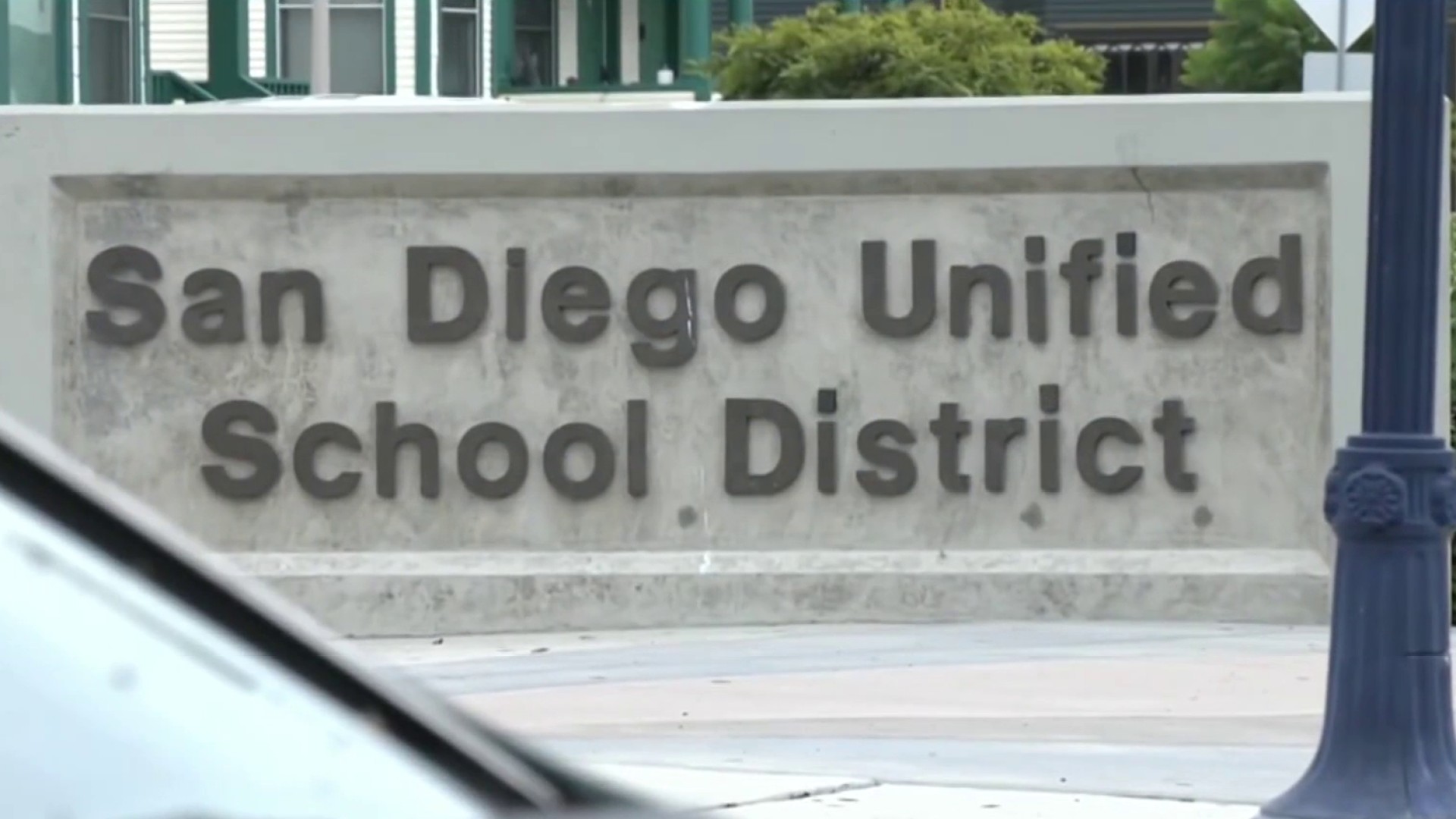NBC 7’s Mackenzie Maynard reports on the City of San Diego’s latest efforts to combat the Hepatitis A outbreak.
The City of San Diego opened an Emergency Operations Center led by the city's Office of Homeland Security in City Hall to help counter the Hepatitis A outbreak, city officials announced.
The Emergency Operations Center was established on Monday to help coordinate the city’s "Vaccination, Sanitation and Education" campaign efforts, according to a statement.
The Emergency Operations Team consists of 12 people, led by the city’s Homeland Security Executive Director John Valencia.
The campaign seeks to aggressively combat the spread of the virus by vaccinating at-risk individuals, sanitizing at-risk areas and spreading awareness of how it is contracted, according to a statement from city officials.
"We are a resilient city and have proven time and again that we are ready to handle anything that comes our way," said Mayor Kevin Faulconer.
A public health emergency was declared on Sep. 1, 2017, due to the ongoing high number of cases since the outbreak was recognized on March 3.
There have been over 400 cases of Hepatitis A reported so far, compared to 26 cases in 2016, according to the San Diego Health and Human Services Agency (HHSA).
Local
Sixteen people have died due to the virus, and 305 have been hospitalized this year.
Symptoms of the virus may not be noticeable for 15 to 50 days after exposure, so the number of cases is likely higher than reported, according to HHSA.
The most at-risk for contracting the virus are the homeless populations living on the streets, intravenous and illicit drug users, men who have sex with men, people who have sexual contact with someone who has the virus, people with a chronic liver disease, and individuals who have clotting factor disorders, according to health officials.
Symptoms of Hepatitis A include abdominal pain, nausea, vomiting, yellowing of skin and eyes, dark urine and light stool.
Doctors recommend washing hands regularly, especially after visiting public spaces like parks, restrooms or using public transportation, since the virus can linger on contaminated surfaces for months.
The County of San Diego has increased efforts to maintain sanitary conditions by routinely power washing benches and sidewalks with a chlorine-bleach solution in strategic areas, and increasing the availability of toilets and handwashing stations throughout the county, according to a statement.
Health officials are requiring the following occupational groups be vaccinated: fire, emergency, law enforcement personnel, food handlers, health care personnel and professionals, service workers working directly with the homeless population, and individuals working directly in substance abuse treatment programs, and public transit workers.
More than 28,000 people have received immunizations through city and county efforts so far, according to city officials.
"We’ve made continued progress in getting more folks vaccinated and improving the sanitary conditions on our downtown streets and sidewalks," said Faulconer. “We’re going to get through this together, but we need everybody to do their part by getting the word out to at-risk individuals who need to get vaccinated and by making sure all San Diegans regularly wash their hands with soap and warm water.”
Vaccinations are only required for at-risk personnel or individuals, but vaccination locations are available throughout the city.
The last time the number reached over 400 in San Diego was in 1999, the year before the Hepatitis A vaccination became routine among children, according to HHSA.
The local public health emergency is ratified every two weeks until the declaration is canceled, according to HHSA.
The outbreak will likely last another 6 months, according to health officials.



